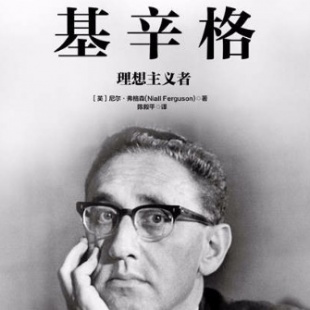Understanding Kissinger


That is why he was astonished when Nixon, Rockefeller's political opponent, offered him the post of national security advisor in 1968.
But it was Vietnam that became the defining point of Kissinger's career, as he realized that the Vietnam War could not be won by the US, and therefore a diplomatic solution rather than a military victory had to be the objective of American policy.
That was also when, for the first time in his life, he began thinking about China.
A memorandum recorded a conversation between Kissinger and Czech diplomat Antonin Snejdarek in January 1967 when the latter asked whether the US was planing to "form an alliance" with the Chinese against the Soviet Union.
At first, it seemed unbelievable for Kissinger. Yet according to Ferguson, the seed of opening communication with socialist China was planted then, and it later came to pass when Kissinger paid a secret trip to Beijing in 1971.
Ferguson says that Kissinger's meetings with the late premier Zhou Enlai, which culminated in the agreement that the then US president Nixon should make a visit to Beijing the following year, were among the most important meetings in modern history.
It later turned out that the publication of the Shanghai Communique, signed during Nixon's visit in 1972, resulted in accelerating the end of the Vietnam War, the US acknowledging Taiwan as part of China, and the economic transformation of China.
Ferguson also points out that Kissinger showed a remarkable ability to understand Chinese leaders' thinking considering that in 1971 he had no background in Chinese history.
"Therefore, he appears to have had an incredible ability to understand a foreign culture very quickly and intuitively. And I think that's only possible when you've had the kind of extraordinary early life that he did," says Ferguson, referring to Kissinger as a "mind-reader".
Ferguson himself also is very knowledgeable about Sino-US relations.
He coined the term "Chimerica" with German economist Moritz Schularick to describe the interdependence between the two largest economies in the world.
Yet, since the financial crisis in 2008, and with trade frictions arising now and then, Chimerica has turned out to be more like Chimera, the monster in Greek mythology.
Ferguson however, is still positive about Chimerica, adding that a new Cold War would be an enormous loss to the global economy.
Rather, he thinks that Sino-US relations are more like the relations between Britain and Germany in the early 20th century, which featured both close economic ties and geopolitical risks. And this, he points out, is what Kissinger has always wanted us to pay attention to.





































